African webcomics are emerging as a vibrant and authentic medium for storytelling, cultural expression, and digital creativity. From sci-fi epics rooted in ancestral mythologies to slice-of-life dramas echoing everyday African realities, creators across the continent are redefining what comic art looks and sounds like from an African perspective. These stories are not just entertainment—they are reclaiming narratives, preserving languages, and showcasing diverse identities often overlooked in global media. Yet despite this creative explosion, many of these webcomics remain freely available, unsupported by a solid monetization structure. This disconnect poses a serious threat to the sustainability of the medium. For African webcomics to survive and grow, they must not be free. Audiences must begin to understand the importance of paying for the content they love—not only to reward talent but to build a thriving creative industry for Africa.
1. Free Content Kills Quality and Sustainability
Creating high-quality comics is time- and resource-intensive. Scripting, illustrating, coloring, editing, marketing—it all requires money, skill, and countless hours of work. If African creators are constantly expected to give this work away for free, the industry cannot grow beyond hobbyist levels. Monetization allows creators to produce better content more consistently. Without it, the pipeline dries up, artists burn out, and readers lose the very stories they enjoy.
2. Free Undermines the Value of African Creators
In much of the digital world, “free” has become the default expectation. But free content subtly tells audiences that the work—and by extension, the creator—isn’t worth paying for. This is especially harmful in Africa, where creative labor is often already undervalued. Charging for webcomics changes this narrative. It affirms that African creators are professionals, not volunteers. Just like musicians, filmmakers, or tech developers, comic artists deserve fair compensation for their contribution to culture and economy.
3. No Payment, No Ecosystem
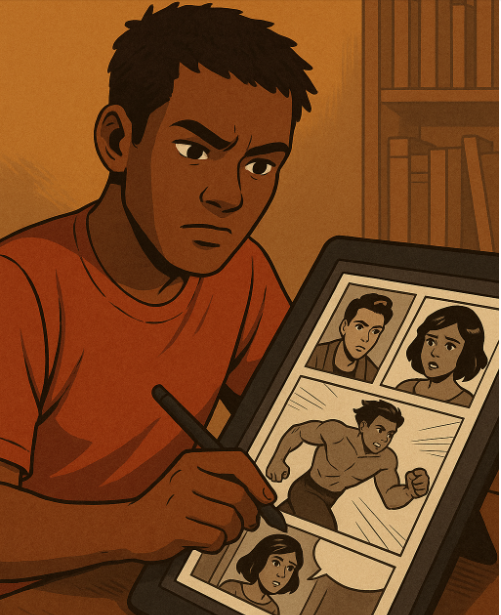
A thriving creative ecosystem needs money flowing through it. Artists need to earn. Publishers need to grow. Tech teams need salaries. If webcomics remain free, there’s no incentive to invest in better platforms, marketing, printing, or cross-media expansion. Monetization creates a virtuous cycle—where readers fund creators, who then produce better content, which attracts more readers and fuels the industry. This is how anime, K-drama, and global comics industries exploded. Africa must do the same.
4. It’s Not Just About Profit. It’s About Survival.
This isn’t about greed—it’s about survival. Most African webcomic artists work without grants, government funding, or robust advertising ecosystems. They operate in economies where digital payments are still developing. Asking for even small payments—100F CFA here, $1 there—can make the difference between giving up and going full-time. Monetization allows creators to stay in the game and keep building the stories that matter.
5. Readers Must Share the Responsibility
If we want more African stories, we must support the people creating them. Readers cannot continue to demand high-quality content while refusing to pay for it. African webcomics are often cheaper than foreign content, mobile data is improving, and platforms are introducing more flexible payment methods (like mobile money). It’s time for readers to step up and recognize that even a small payment goes a long way in sustaining the work they love.
6. Free Content Limits Global Potential
Monetized webcomics serve as proof-of-concept for international publishers, streaming services, and distributors. A story that earns revenue locally is easier to sell globally. Free content, no matter how great, lacks data to prove its commercial viability. If Africa wants to export its stories to the world—and it should—then creators must be able to show that people at home are already paying for them.
7. Free Comics Can’t Compete with Big Budget Giants
In a world where Marvel, DC, Webtoon, and MangaPlus release polished, monetized comics weekly, African creators must compete with giants. The only way to stand a chance is by leveling up—visually, narratively, and technologically. That upgrade costs money. Keeping comics free means local creators are fighting with one hand tied behind their backs.
Conclusion: Free is Not Freedom
Free access might feel generous—but it comes at a cost. The cost is creative burnout, unfinished stories, stagnant platforms, and a future where African narratives are drowned out by better-funded foreign imports. If Africa wants to control its cultural narrative, empower its creators, and build a true creative economy, then webcomics cannot remain free.
Pay for the stories. Support the artists. Build the future.

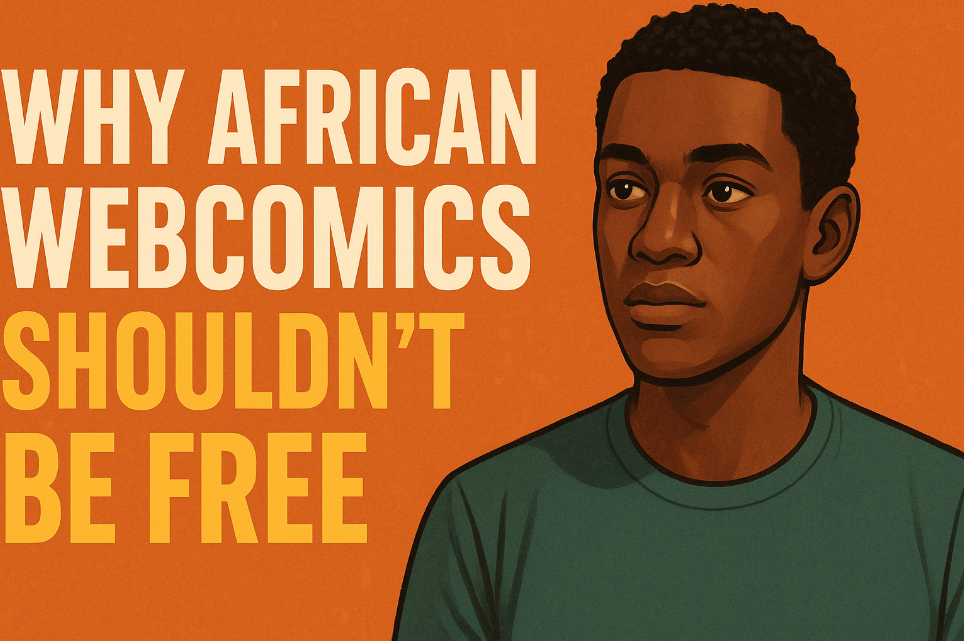
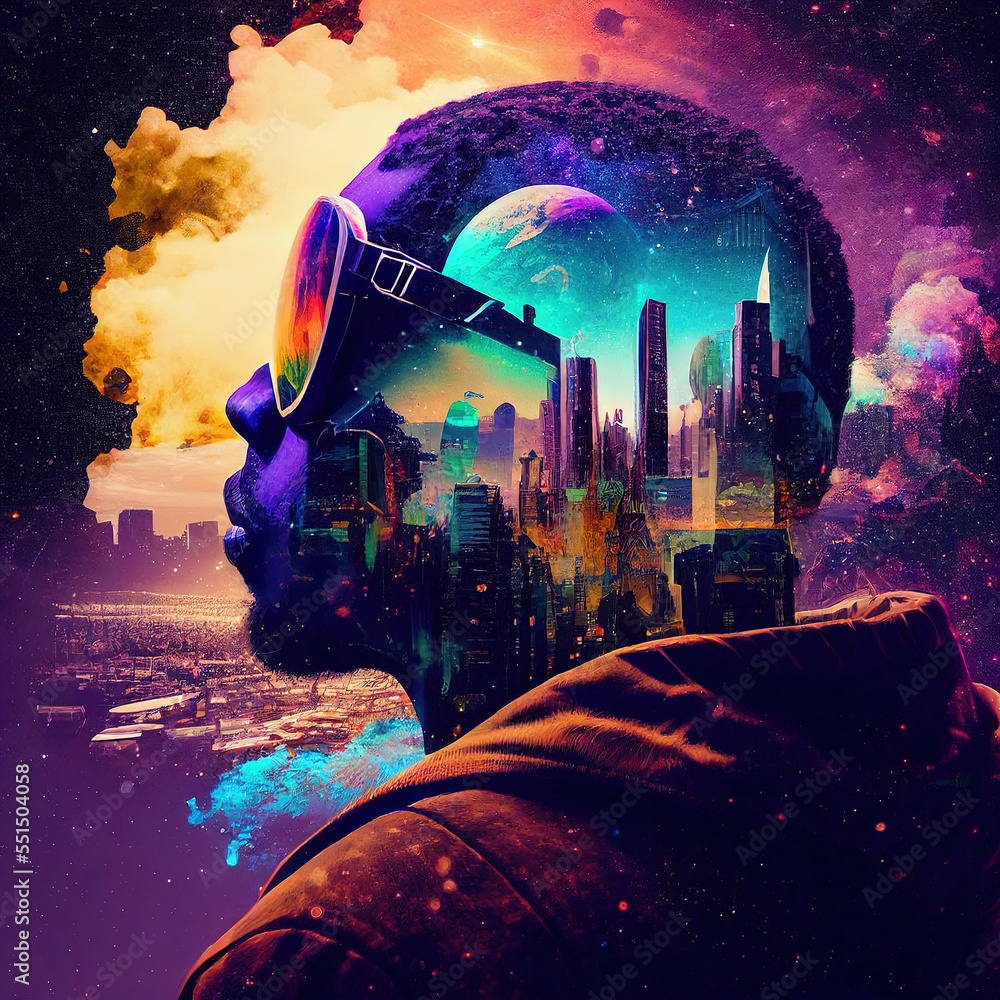
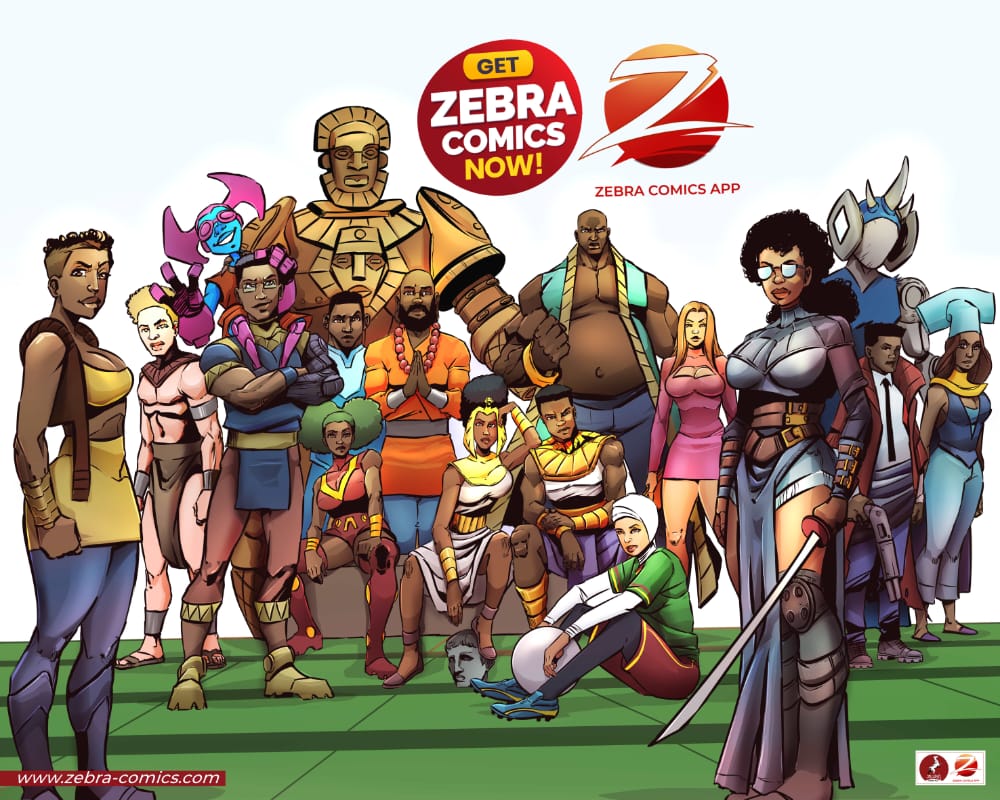
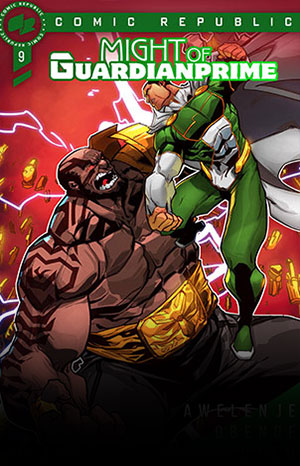
I hadn’t considered this angle before. It’s refreshing!
Your writing always inspires me to learn more.
This gave me a whole new perspective on something I thought I already understood. Great explanation and flow!
You really know how to connect with your readers.
I appreciate your unique perspective on this.
I learned something new today. Appreciate your work!